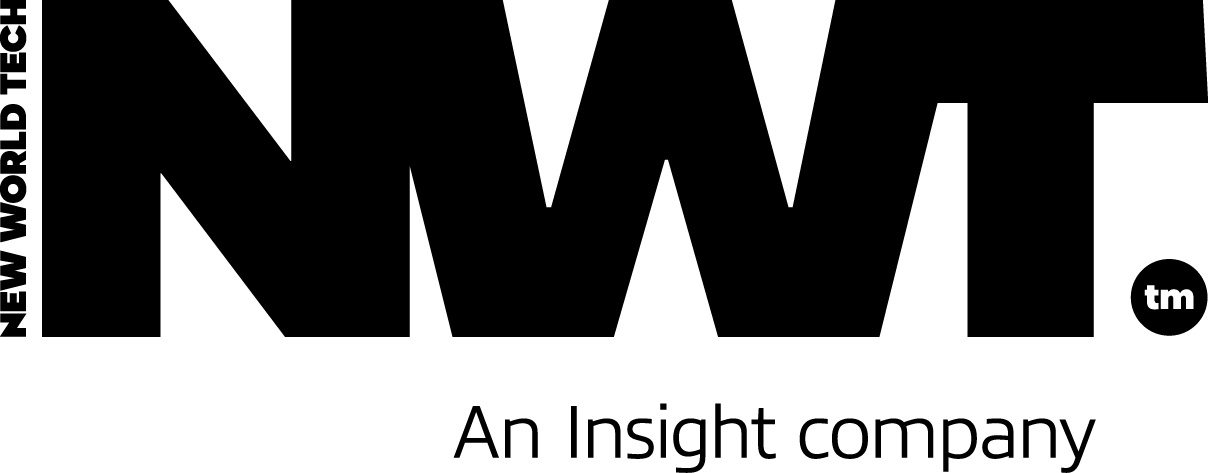Unveiling the Power: Exploiting Data to Transform your Business


In businesses, making informed decisions can be the difference between success and failure. As business leaders, we have to make countless decisions every day. Each and every one of these decisions can have unknown long term impacts, so it is vital that these decisions are well thought through, and are decisions which align with global trends, and the growth strategy for the business.
It’s like driving a car at night, you wouldn’t drive without headlights on to see the road ahead, would you? So why would you make decisions without first looking at the data to try and spot trends to better inform your decisions?
This is where data exploitation comes in. In a business there are countless data points, and more and more data is being produced each day. This means that there is a wealth of untapped knowledge that we can use, to help us make decisions which can bring about revolutionary transformational change.
The Data Revolution: Understanding the Landscape
As we have adopted more and more technologies, so to have we increased the rate at which data is created. Almost every action we take now creates data, from website traffic statistics using Cookies, to social engagement on LinkedIn. In fact, technology is everywhere in the workplace, email, word processing, document storage, application servers, websites… the list goes on. This proliferation of technology has created an explosion in the quantity of data produced.
The extreme quantities of data can create problems for businesses, as there is now so much data, with such variety, velocity, and veracity, that it can become very difficult to make sense of it all – and so, many businesses don’t even try, and make their decision based on instinct and anecdotal past experiences rather than decisions rooted in data.
By exploiting data effectively, we can obtain a very clear picture of the road ahead (like putting your full beams on in your car!) which allows you and your business to make the best, most informed decisions. Through the proper handling of data, no more are we limited by decisions being made on a gut feeling, rather we can inspect, interrogate, and exploit the data, and use critical thinking and logic to devise the best and most effective approach to transform the business into the new world of work.
Data-Driven Decision Making
By exploiting data and making the paradigm shift to data-driven decision-making, we can create a better user experience for our customers and transform your business in the process. Let’s take the example of Netflix to illustrate this point.
Netflix uses data in numerous different ways. The first and most obvious, is their recommendation system. As we watch our favourite shows – liking and disliking them as we go – Netflix’s algorithm is working in the background, crunching the numbers to find shows and movies that have similar traits and themes which we may be interested in.
This produces the “Top Picks for You” section, which anyone who’s watched shows from here will know, is frighteningly accurate, creating a more personal, and tailored user experience. This improved user experience drives positive feedback for Netflix; users who subscribe and have a good experience are more likely to stay subscribed. They are also more likely to recommend to a friend, increasing Netflix’s subscriptions – it’s a win-win!
But Netflix didn’t stop here… they were just getting started. In 2007 Netflix started the content streaming arm of their business, streaming content from other creators on it’s platform for the better part of 5 years until in 2012, they decided they were going to start making their own content to stream. The question at the time for them was: what do we make?
At the time this was an expensive, and risky transformation for the company that had only been profitable since 2006, nearly 10 years after it was founded, so it needed to get this right – so, Netflix decided to exploit data. They analysed over 30 million plays, 4 million subscriber ratings, and 3 million searches 1 before deciding what show to produce.
After careful consideration, Netflix decided upon a show which I’m sure many of you have seen or at least heard of: House of Cards. This proved to be a fantastic success for Netflix, with 670,000 subscribers “binge-watching” 2 season one during its first weekend of release, and the series now has an 8.7/10 3 on IMDb (which is no mean feat for a first attempt!).
Netflix has now produced countless other shows such as: “Stranger Things”, “The Crown”, “Bridgerton” and many others, almost all of which have been a rave success. The company had a value of $5.7 billion in the 4th quarter of 2012 before House of Cards came out, 5 years later, it was worth $85 billion 4, this goes to show the awesome power that exploiting data, and making well informed, data driven decisions can have.
At the time, House of Cards was a massive risk for Netflix, costing $4.5 million an episode for the first season, but by making the informed decision, they transformed their business and are now amongst the most profitable companies globally.
Considerations and Challenges
Whilst tremendously powerful, exploiting data doesn’t come without it’s challenges and considerations that need to be made. One of the first, and most important, is data privacy and the ethical use of data.
There are numerous risks involved with mishandling personal data, including damage to your brand, severe fines, and potentially even jail time (to find out more about data privacy, read our article: The Importance of Data Privacy in the Age of Big Data and AI).
As mentioned, one of the main barriers to exploiting data is the difficulty. Data comes in many shapes, sizes, and forms, and not all of them are compatible, and not all of them are conducive to being analysed in the way we may want to – this is where NWT can help.
Our team has years of experience bringing about transformational change, based on data driven decision making, and can help you exploit data, and lay out the business strategy to help you adapt to the new world of work.


